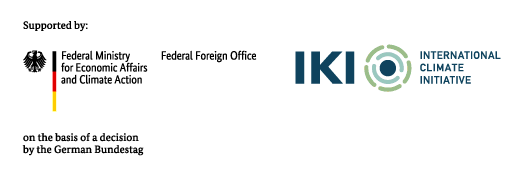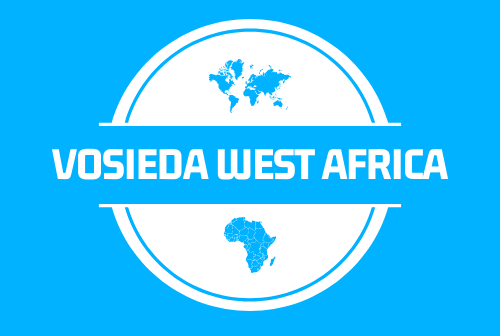Sustainable Water and Sanitation Actions
In our Sustainable Water and Sanitation Actions, we promote equitable access to improved sanitation and safe water, which enhances water security for communities and ecosystems. Our goal is to strengthen accountability, amplify the voices of citizens, support research, and advocate for evidence-based systemic change. We also work to mitigate risks associated with droughts, floods, pollution, and conflicts, while driving systemic change and advocating for policy reforms. Additionally, we undertake initiatives that ensure remote communities lacking access to sanitation and clean water receive the essential assistance they need.
Access to clean water and sanitation has a significant impact on communities, enhancing healthcare and improving individual health outcomes. It enables more people to pursue education, resulting in a more informed population and enhanced food security. Sustainable practices bolster climate change mitigation efforts, while economic opportunities foster community innovation and empower organizations that promote gender equality, advance fairness, and enhance inclusivity.
Liberia and other countries in the Mano River Union face significant challenges related to water and sanitation, including limited access to safe drinking water, inadequate infrastructure, pollution, droughts, floods, poor hygiene practices, and governance issues. Multinational corporate mining activities, rapid urbanization, and low public awareness exacerbate these problems.
Our Priority Sector
Working with Corporations
In Liberia and the Mano River Basin, many companies are polluting waterways and using water resources unsustainably, which poses significant threats to the environment and local communities. In 2024, the Environmental Protection Agency of Liberia (EPA) shut down China Union for operating without proper permits and for illegally dumping tailings into wetlands. Additionally, Lee Group Enterprises is under investigation for releasing toxic waste into the Nyarfor River, which has resulted in skin diseases among local residents. The EPA also fined ArcelorMittal US$110,000 for environmental violations and mandated the restoration of 9.33 acres of polluted wetlands, in addition to providing safe drinking water to the affected communities.
Numerous investigative reports indicate that the Saint John River, vital for many Liberians, is increasingly at risk from ArcelorMittal’s mining waste runoff, which contains heavy metals such as lead and mercury.
Despite these investigations, the fines imposed by the Liberian EPA are often too low in comparison to the companies’ profits, failing to effectively deter environmental violations.
VOSIEDA is collaborating with the Environmental Protection Agency of Liberia and local communities to improve water testing and monitoring. The organization urges multinational corporations to reduce water pollution and promote sustainable water use, ensuring access to water, sanitation, and hygiene for all workers. VOSIEDA supports the Glasgow Declaration for Fair Water Footprints, helping companies incorporate fair water use into supply chains and address water insecurity related to climate change.
Empowering Communities for Better Access to Clean Water and Sanitation
More than 20 million people reside in communities in Liberia and other countries within the Mano River Basin, which face significant challenges related to sanitation and access to clean water. Climate change is intensifying issues of sanitation and water scarcity, particularly for rural and peri-urban communities. These challenges have a profound impact on women and girls. We must take action to promote equity and improve access to water for all.
VOSIEDA is collaborating with communities throughout Liberia to help them understand their rights to sanitation and clean water. We provide training in campaigning and media skills, empowering them to share their stories and experiences related to water issues. This enables them to advocate effectively, pressuring local authorities and businesses to take action. When women take a more active role in managing sanitation and water resources, the entire community benefits.
Some Supporters and Partners of our Sustainable Water and Sanitation Actions


